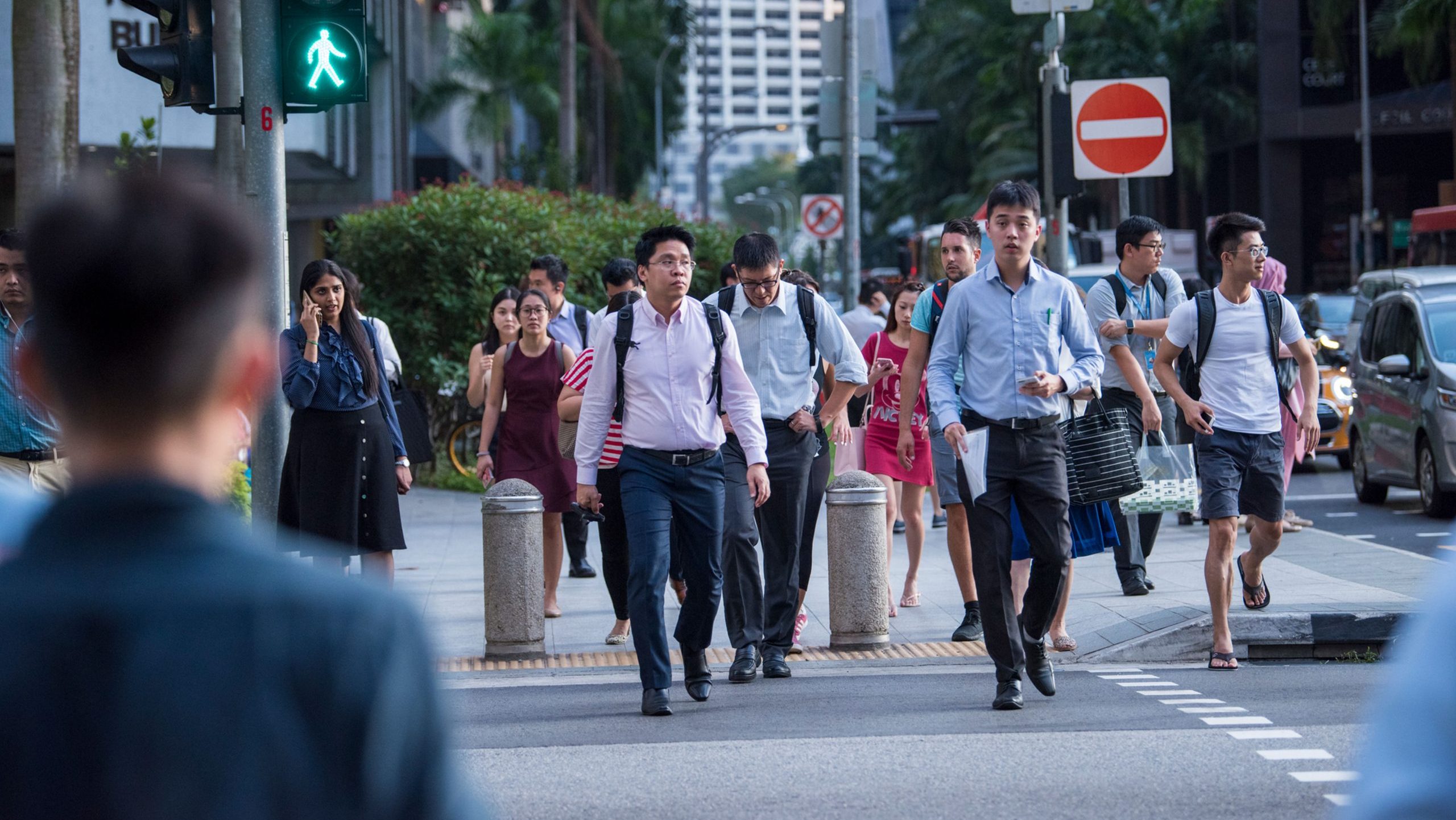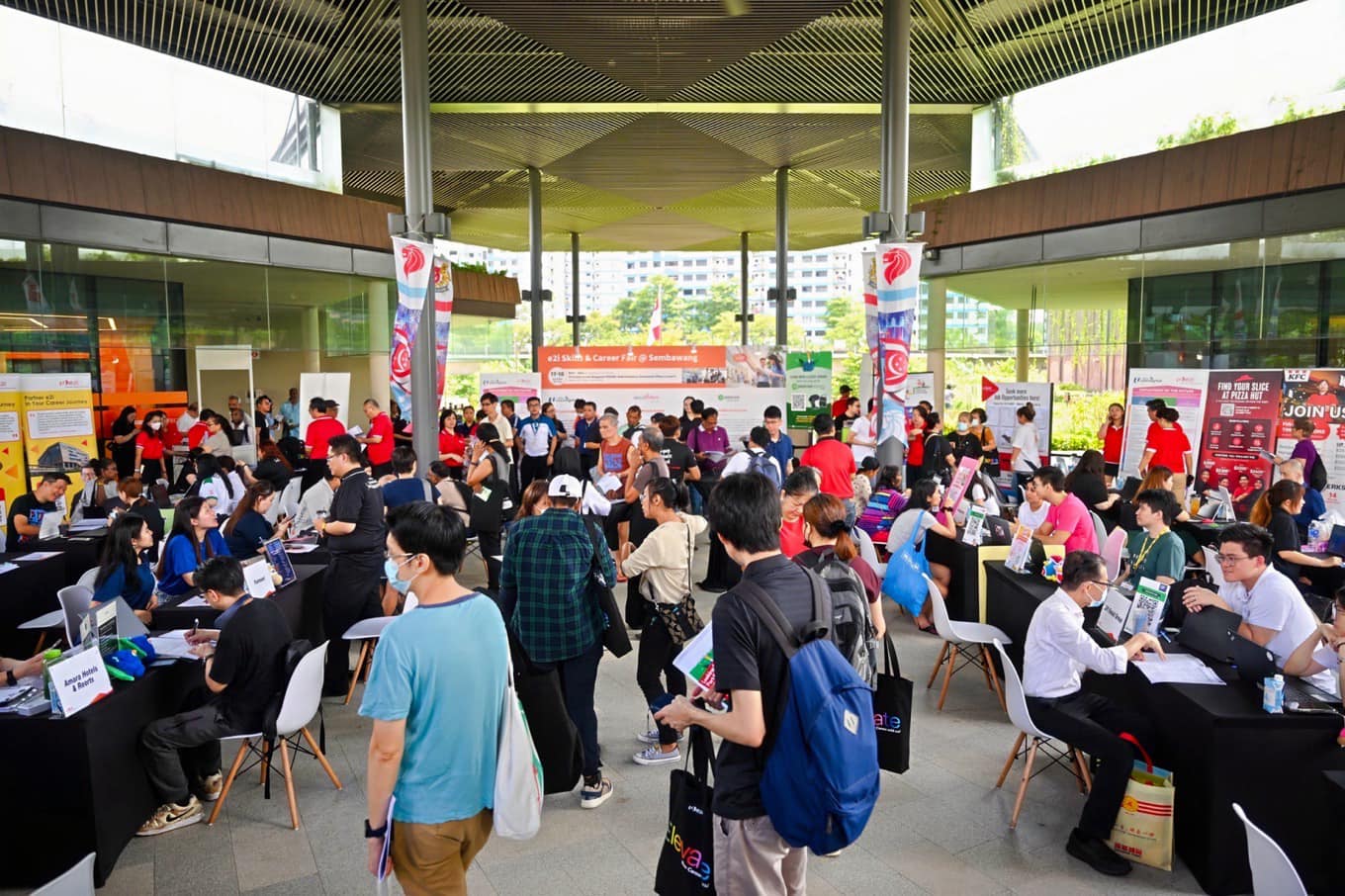MALAYSIA: As urban living expenses in Kuala Lumpur and Penang continue to rise, an increasing number of young Malaysians are choosing to leave city life behind in favour of a quieter, more affordable existence in their rural hometowns. This shift highlights a changing perspective among the younger generation, many of whom are rethinking the traditional appeal of urban centres.
The urban exodus
The escalating cost of living in major Malaysian cities has become a significant challenge. A World Bank report titled Aspirations Unfulfilled: Malaysia’s Cost of Living Challenges highlighted that between 2010 and 2018, cumulative home prices surged by 87%, while salaries only grew by 59%—making homeownership an increasingly distant dream for many. Additionally, urban dwellers are forced to allocate a significant portion of their income towards transportation, rent, and daily necessities, further straining their finances.
In contrast, rural areas offer an escape from these financial burdens. With significantly lower housing costs, reduced expenses, and a slower-paced lifestyle, young Malaysians are beginning to see rural living as a more sustainable and fulfilling option. This sentiment has been echoed in various studies, including a Wiki Impact report on de-urbanisation, which found that more Malaysians are exploring alternative lifestyles away from the city.
Adjusting to a new lifestyle
For those who have made the move, the transition comes with both opportunities and challenges. One of the biggest adjustments is employment. While major cities offer a wide range of job opportunities, smaller towns tend to have limited openings. As a result, many returnees have had to explore alternative ways to earn a living, such as freelancing, entrepreneurship, or remote work.
Another major adjustment is the shift in lifestyle. Urban areas are known for their fast-paced environments, 24-hour conveniences, and vibrant entertainment scenes. In contrast, rural areas provide a slower, more community-oriented way of life. Some find this transition refreshing, while others experience a period of adaptation as they get used to fewer entertainment options and a quieter social scene.
A growing trend
This movement back to rural areas appears to be gaining momentum. With the increasing availability of remote work and digital job opportunities, more people are realising that they can maintain their careers while living outside major cities. Additionally, the recent global pandemic has reshaped perspectives on work-life balance, with many now prioritising personal well-being over urban conveniences.
Property analysts have noted a rising interest in rural homes, as more young buyers seek affordable alternatives to city housing. While cities remain economic hubs, there is a clear shift in the way people define success—moving away from high-rise apartments and expensive city living towards more sustainable, community-focused lifestyles.
As the cost of living in Kuala Lumpur and Penang continues to rise, an increasing number of young Malaysians are finding rural life to be a viable and appealing alternative. Whether driven by financial concerns or the pursuit of a simpler life, this shift signals a broader change in aspirations, redefining what it means to live well in modern Malaysia.















